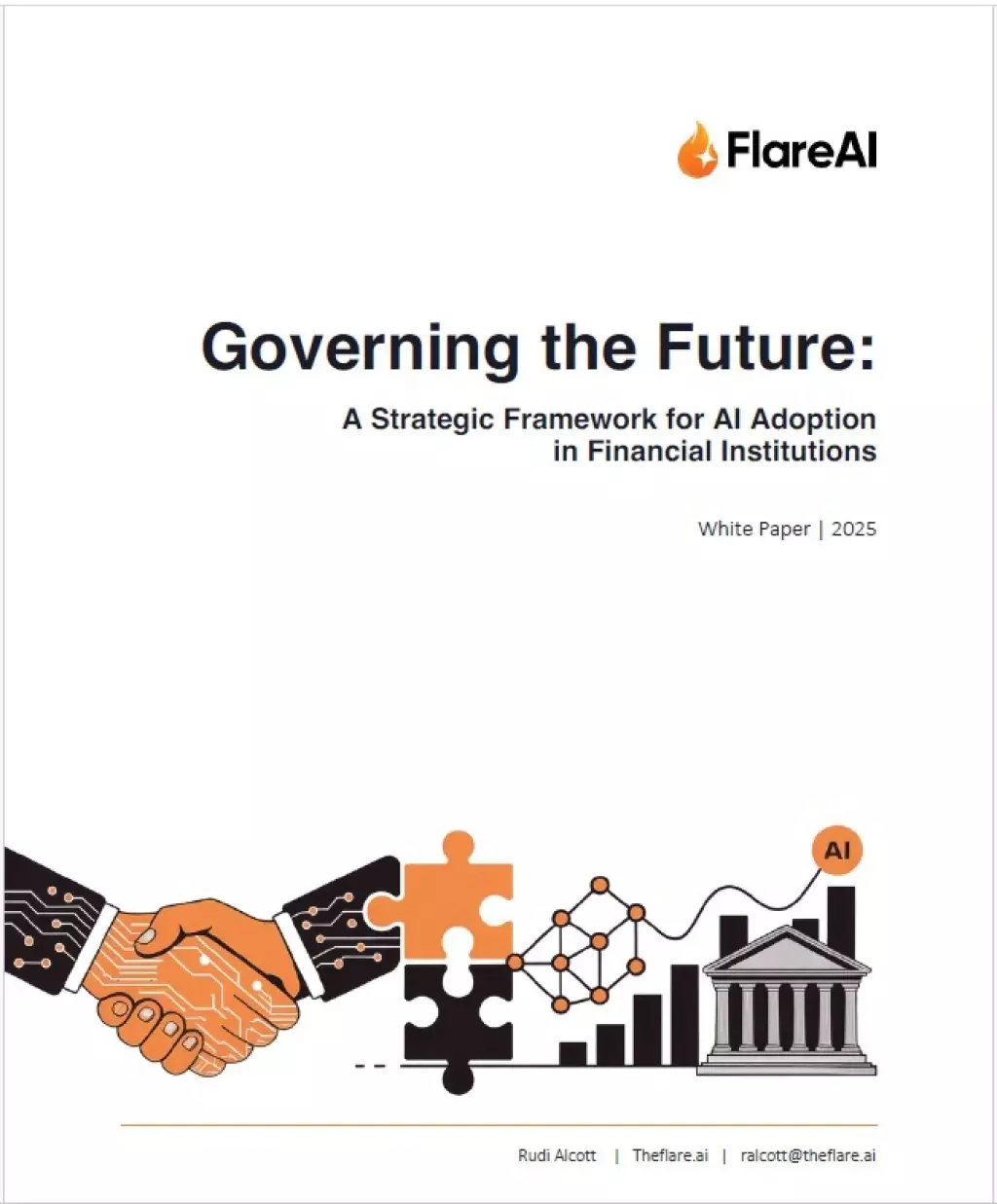ESMO Issues First Guidelines for Safe Use of AI Language Models in Oncology
The European Society for Medical Oncology (ESMO) has published its first guidance for the safe use of artificial intelligence language models in oncology, announced in a press release. The framework, called ELCAP (Guidance on the Use of Large Language Models in Clinical Practice), was introduced at the ESMO Congress in Berlin and published in the *Annals of Oncology*.
ELCAP establishes standards for integrating large language models into cancer care while ensuring patient safety and clinical oversight. It categorizes AI applications into three groups: patient-facing tools like chatbots that must operate under supervision, clinician-facing tools that require validation and accountability, and background systems used in hospital infrastructure that demand institutional monitoring.
ESMO stated that the guidance aims to protect patient data, support clinicians, and promote trustworthy AI use in clinical environments. With over 45,000 oncology professionals in its network, the organization described ELCAP as a step toward making AI a reliable and safe component of oncology practice.
We hope you enjoyed this article.
Consider subscribing to one of our newsletters like AI Policy Brief, Life AI Weekly or Daily AI Brief.
Also, consider following us on social media:
More from: AI Safety
More from: Life Sciences
Subscribe to Life AI Weekly
Weekly coverage of AI applications in healthcare, drug development, biotechnology research, and genomics breakthroughs.
Whitepaper
Governing the Future: A Strategic Framework for AI Adoption in Financial Institutions
This whitepaper explores the transformative impact of artificial intelligence on the financial industry, focusing on the governance challenges and regulatory demands faced by banks. It provides a strategic framework for AI adoption, emphasizing the importance of a unified AI approach to streamline compliance and reduce operational costs. The document offers actionable insights and expert recommendations for banks with fewer than 2,000 employees to become leaders in compliant, customer-centric AI.
Read more
